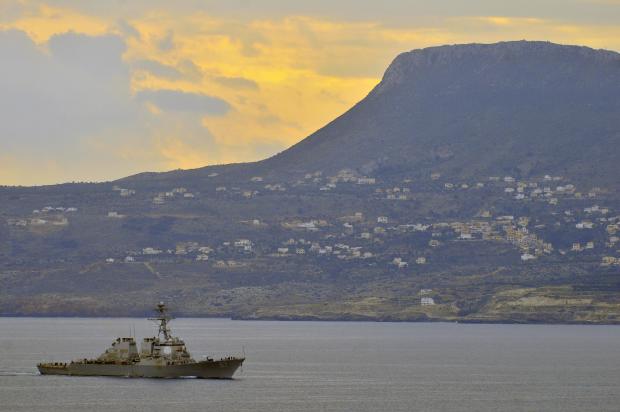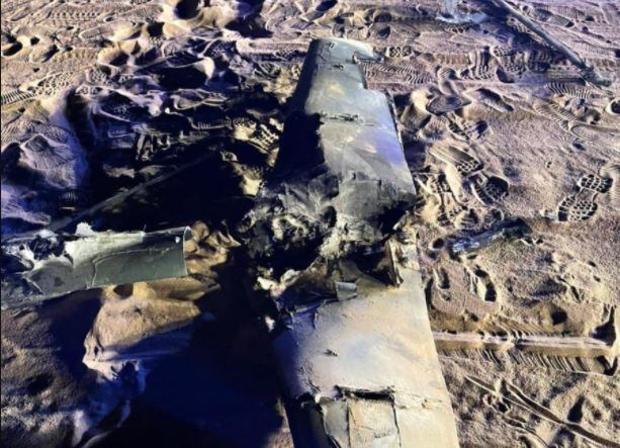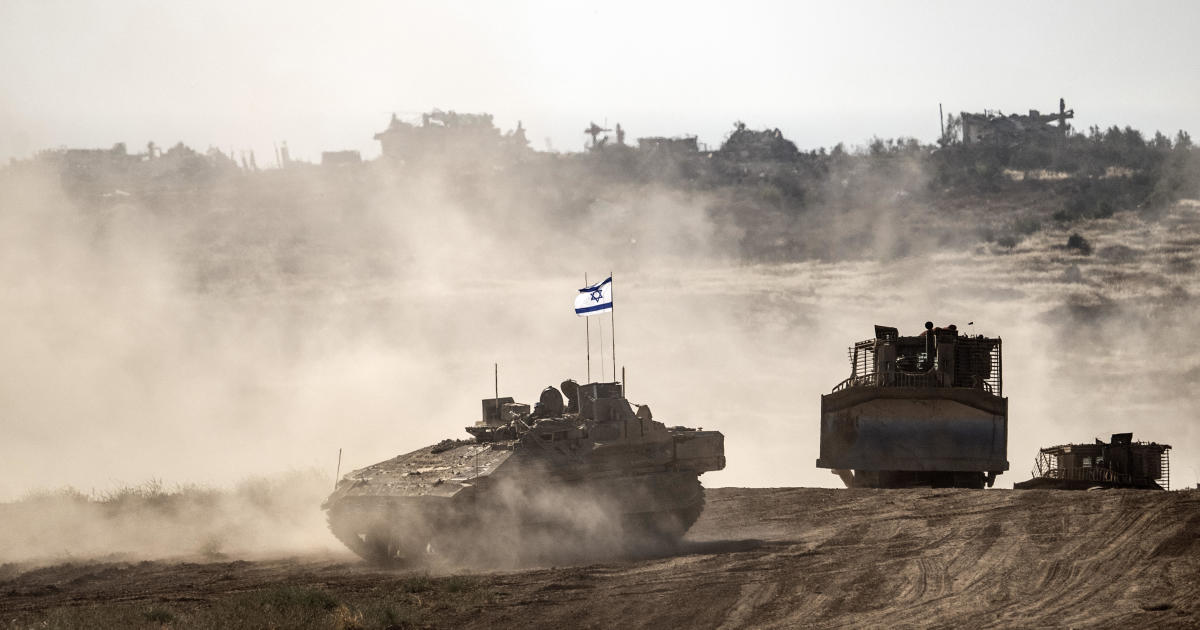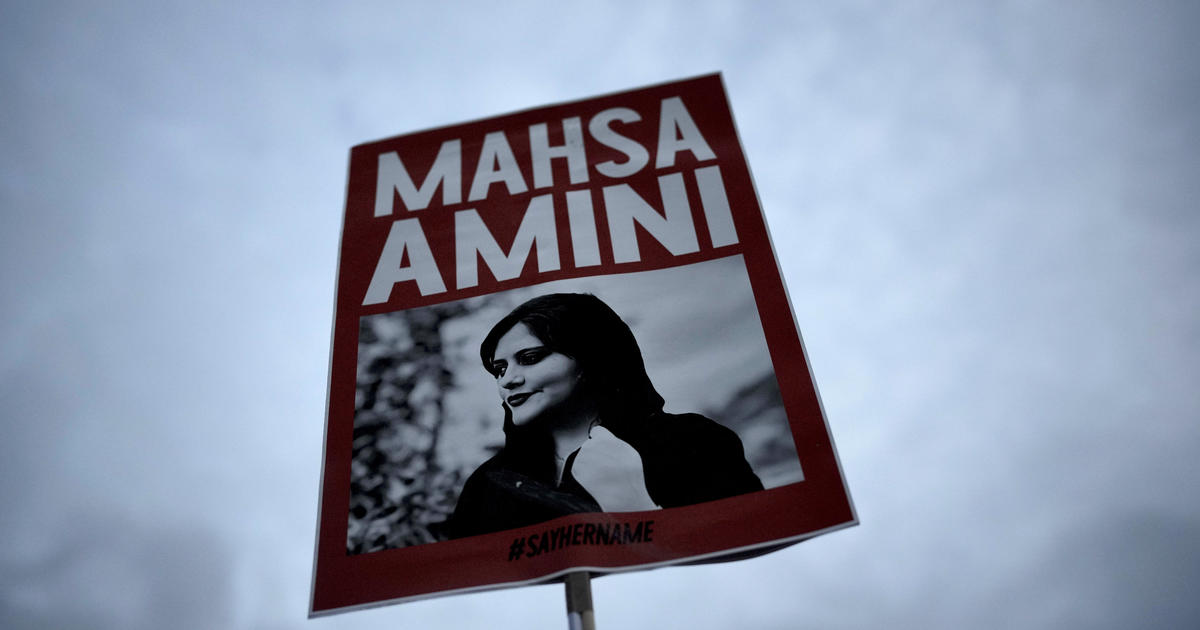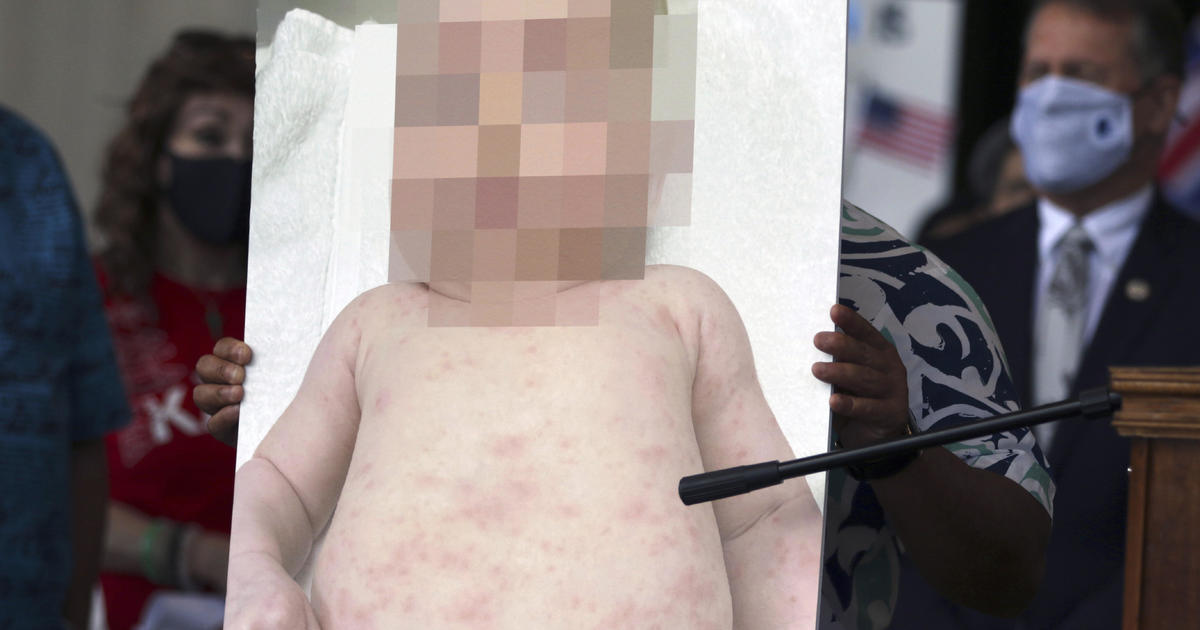U.S. sending warship, jets to help protect Arab allies from missile and drone attacks by Yemen's Iran-backed Houthi rebels
Dubai — The United States will send a warship and fighter jets to help defend the United Arab Emirates, officials said on Wednesday, after a series of missile attacks by Yemeni rebels left three dead in the wealthy Gulf state. The deployment, to "assist the UAE against the current threat," follows a phone call between Defense Secretary Lloyd Austin and Abu Dhabi Crown Prince Mohammed bin Zayed Al-Nahyan, the U.S. Embassy in the UAE said.
The UAE, a major financial hub that is part of the Saudi-led coalition fighting Yemen's Iran-backed Houthi rebels, suffered its third missile attack in as many consecutive weeks on Monday.
As part of the new arrangements, the USS Cole guided missile destroyer will partner with the UAE Navy and make a port call in Abu Dhabi, while the U.S. will also deploy fifth-generation warplanes. Other actions include "continuing to provide early warning intelligence (and) collaborating on air defense," the embassy said.
The USS Cole, currently in port in Bahrain, was hit by an al Qaeda bombing in the Yemeni port of Aden in October 2000 that killed 17 sailors.
Austin and the crown prince "discussed the recent Houthi attacks against the UAE that caused civilian casualties and also threatened U.S. and Emirati armed forces stationed at Al Dhafra air base," the embassy added.
The rebel attacks on the UAE have added a new dimension to Yemen's seven-year war, which has killed hundreds of thousands of people directly or indirectly and displaced millions.
Three foreign workers were killed in a drone and missile assault targeting Abu Dhabi's oil facilities and airport on January 17, triggering a salvo of deadly air strikes in retaliation.
On January 24, U.S. forces stationed at Abu Dhabi's Al Dhafra air base fired Patriot interceptors and scrambled to bunkers as two ballistic missiles were shot down over the city. And on Monday, a third missile attack was thwarted during a visit to the UAE by Israeli President Isaac Herzog.
The U.S., a staunch Saudi and UAE ally, intends the deployment to be "a clear signal that the United States stands with the UAE as a long-standing strategic partner," the embassy said.
President Joe Biden withdrew U.S. support for the Saudi-led intervention in Yemen after taking office early last year, reversing his predecessor's policy of providing logistical assistance.
However, the U.S. State Department announced in November the approval of the sale of $650 million worth of air-to-air missiles to Saudi Arabia to help the country protect itself from Houthi drone attacks.
A $23 billion U.S. arms package to the UAE, including F-35 fighter jets, has yet to be finalized, with the Emiratis threatening to scrap the deal over stringent conditions.
The rebel attacks have increased Gulf tensions at a time when international talks over Iran's nuclear program are stumbling, and have helped push oil prices to seven-year highs.
Yemen's civil war began in 2014 when the Houthis seized capital city Sanaa, prompting Saudi-led forces to intervene to prop up the government the following year.
The UAE, one of the world's biggest arms buyers, announced a redeployment from Yemen in 2019 but remains an influential player.
The country has called on Mr. Biden to re-designate the Houthis a terrorist organization after he delisted them in response to aid group concerns that the designation could exacerbate what the United Nations has labeled the world's worst humanitarian crisis.
